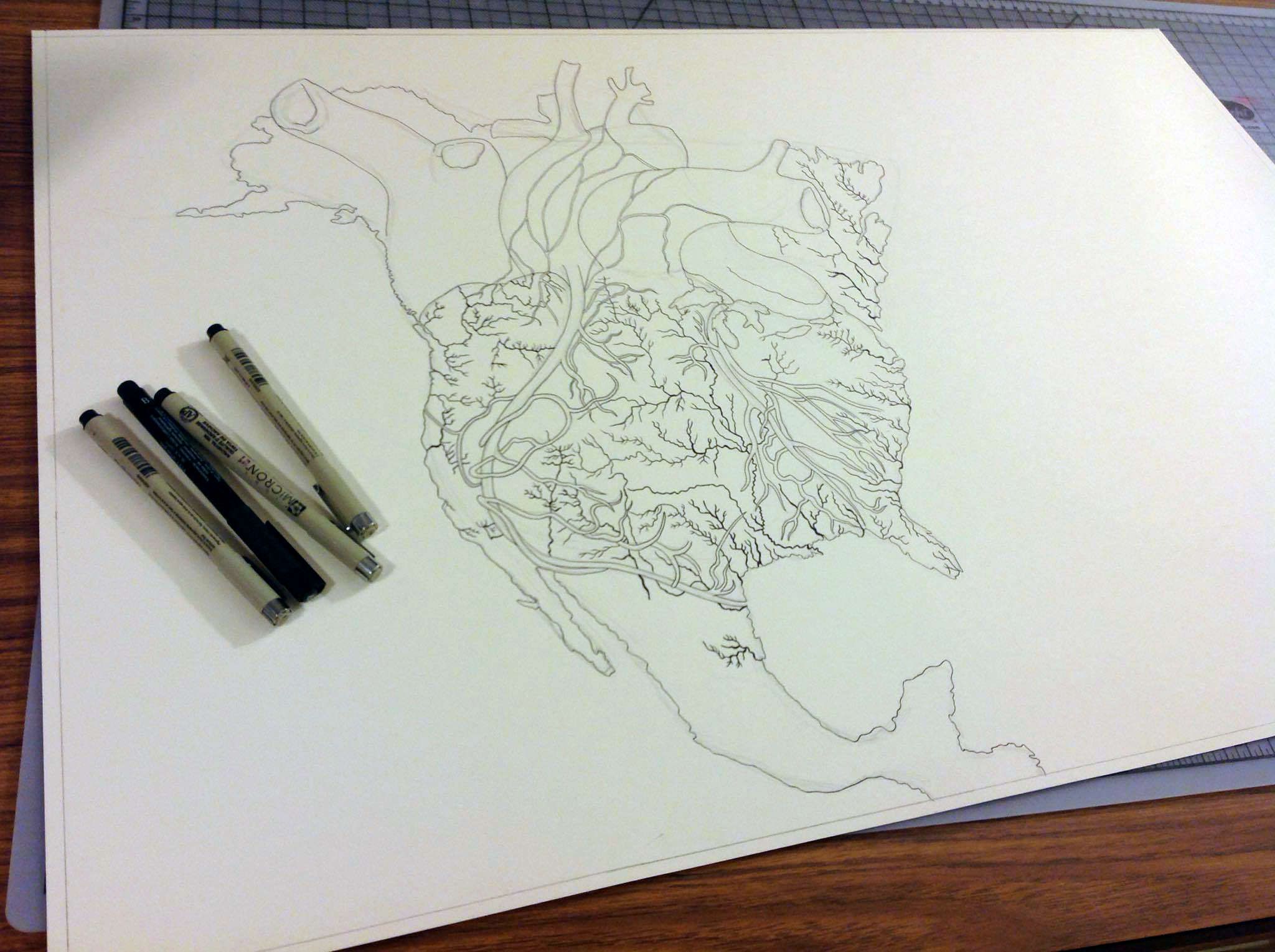The Dakota Access Pipeline has become maybe one of the most sensationalized issues in the US, and internationally as other countries watch how we choose to handle it. There are lots of opinions, but what are the facts?
Here are some facts that everyone should know–whether you are for or against building the pipelines.
1) People will point out that you still need to transport oil and that trucks are no safer than pipelines. This is true. But the US already has the most extensive pipeline infrastructure of any country at 2.5 million miles. The second highest is Russia at 260,000 miles. A new pipe might be safer than a truck, but what if we don’t need this pipe at all?
2) Familiarize yourself with the term, “stranded assets.” The existing pipes will become stranded assets when renewable energy options become more competitive. There is, therefore, no long-term incentive for big companies to maintain the new lines, despite claims. Their short-term incentive in building a pipe is pumping as much oil as possible. $$$
3) 220 pipeline leaks were reported in 2016. 4 out of 5 leaks are reported by locals, not found by the companies responsible for maintaining them.
4) $647 billion was invested in drilling oil last year alone, and we need $1 trillion to be invested in clean energy solutions between now and 2030. That’s $1 trillion over 13 years, and we’ve spent over 2/3 that amount on drilling alone in just one year, not counting all the other investments in the oil industry. And as it’s been shown, their assets’ worth won’t last and are not sustainable, so that’s either $1 trillion for renewable resources over the next 13 years, or $1 trillion to keep investing in something with a hard deadline–no pun intended–with no future returns.
5) The Missouri River goes through 7 states and has a drainage area of 1/2 million miles. A pipeline leak would be disastrous.
6) And while this last point isn’t a hard, measurable fact, it is important to make a note of. Especially since the Lean Six Sigma methodologies became widespread, many big companies now talk about “inverting the triangle/pyramid.” In the “old school” business, the base of the pyramid was made up of all the underlings working hard to support one, powerful leader. In the new model, the triangle is inverted, with the leader being the one who supports everyone who makes the company possible. It doesn’t matter what your political affiliation may be. If you have spent any amount of time trying to improve the culture at your workplace and you know anything about these Lean methodologies and preachings, then it would be hypocritical to claim you believe in the “inverted triangle” and not see anything wrong with a president using this many executive orders in his first few weeks, while also shutting down the phone lines so the American people don’t feel heard. These are not best leadership practices, and the health of our culture and society depends on us being able to call it out, and for our leaders to willingly admit and correct when they have acted in the wrong.
So why have I written this post?
I have two goals here. One, to present valuable information to those who are trying to understand the issue at hand. Two, to demonstrate how we can frame an argument and find a focus.
Like many of you, I get frustrated by how muddy and complicated a lot of these topics get, or how the most well-meaning ideals can get lost without a solid and practical plan to make them possible to live up to.
Obviously, even though I’m arguing with facts, I’m biased. I’m against the pipelines. But I have listened to, discussed, and read up on the opinions of those who are for the pipelines, and hey, I get it. We still rely heavily on oil in the US. I, myself, drive an old car that requires gas. The electricity in my home still relies on fossil fuels, even if I don’t have a gas-burning stove. Our reliance on oil isn’t going away overnight, and in the meantime, we do still need to transport it.
BUT. We can’t stop asking questions there. Yes, we still rely on oil, but our oil infrastructure is already immense, and it doesn’t make sense to keep making it bigger for a finite resource. It is also unhelpful and even harmful to look at any of these facts in isolation. So, know your facts. Know when it’s useful to be selective and when being selective is blinding you from key information.
We live in a country that values freedom. It is important that we honor that freedom by educating ourselves to be questioning citizens, and we should educate ourselves not just to confirm what we already know, but to continually challenge and even change how we see.
Sources
- http://thehill.com/special-reports/energy-a-environment-june-2006/48766-oil-addiction-needs-a-long-term-solution-and-short-term-relief
- http://abcnews.go.com/US/dakota-access-standoff-route-pipeline-due-major-hurdles/story?id=43225586http://theantimedia.org/5-things-dakota-access-pipeline-protests/
- http://www.usatoday.com/story/news/nation-now/2016/11/05/dakota-access-pipeline-analysis/93362756/




